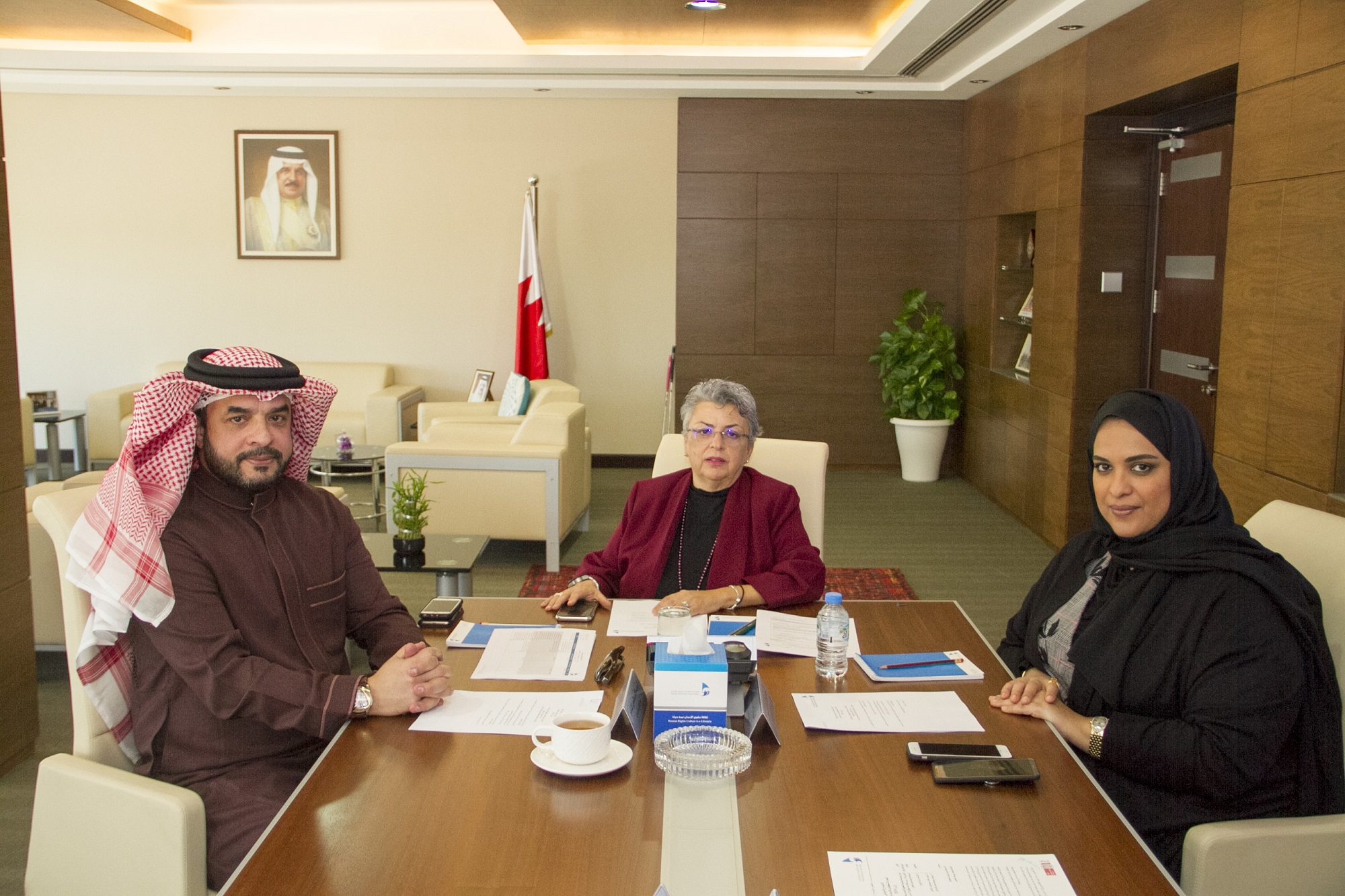NIHR’s Committee on Complaints, Monitoring and Follow-up convenes its 1st Regular Meeting
24 Apr 2019

Under the chairpersonship of Ms. Maria Khoury and membership of Mr. Khaled Alshaer and Mrs. Rawdha Alaradi, the National Institution for Human Rights (NIHR)’s Committee on Complaints, Monitoring and Follow-up convened its 1st regular meeting, during which it reviewed all the complaints received by the NIHR during March and April, amounting to (11) complaints, which varied between the right to education, the right to health and the right to work. The Committee further reviewed the legal assistance provided, which amounted to (26) cases, and monitored (3) cases through the media and social media. It should be also noted that it also received (72) calls via the toll-free hotline for receiving complaints during the said period.
In addition, the Committee discussed its terms of reference set forth in Article (33) of the internal By-Law on the Organization and Action of the NIHR Council of Commissioners relating to NIHR’s attendance and representation in the trial sessions in order to ensure fair trial guarantees.
The Committee appreciated the High Royal Order issued by His Majesty King Hamad bin Isa Al Khalifa, King of Bahrain, to reinstate citizenship of (551) citizenship had been revoked in accordance with the provisions of Article (24 bis) of the Law No. (58) of 2006 on the Protection of Society against Terrorist Acts. The Committee considered this step to be a profound reflection of the wisdom and vision of the country's King, who represents the primary guarantor and supporter of the rights of the country and the citizens. The Committee also commended the King’s directives to the Government to strengthen its potentials to enable effective implementation of the provisions of Alternative Penal Code, promulgated by the Law No. (18) of 2017, and to provide measures and rehabilitation programs that commensurate with the personal circumstances of the convicts, which aim to reintegrate them into the society, to assess their behavior and to reduce the likelihood of their return to crime.


